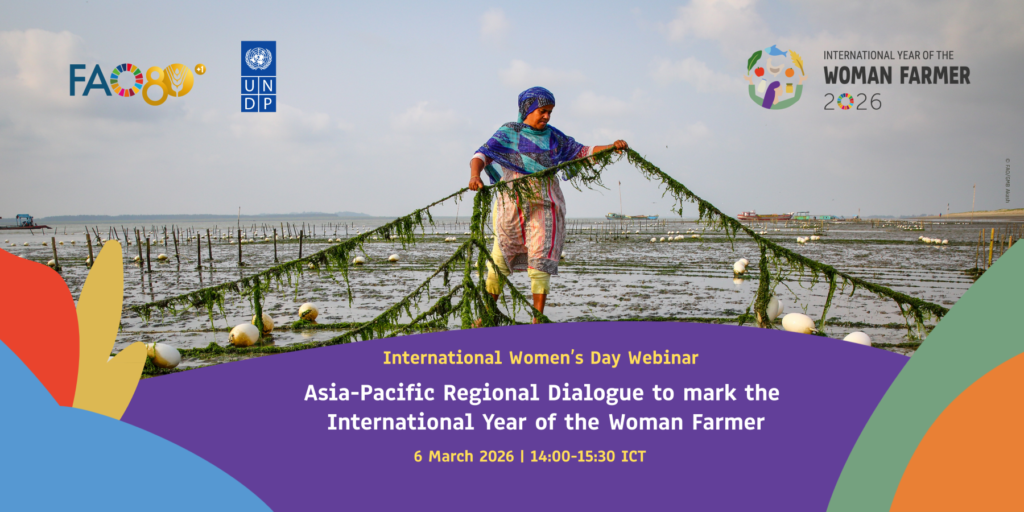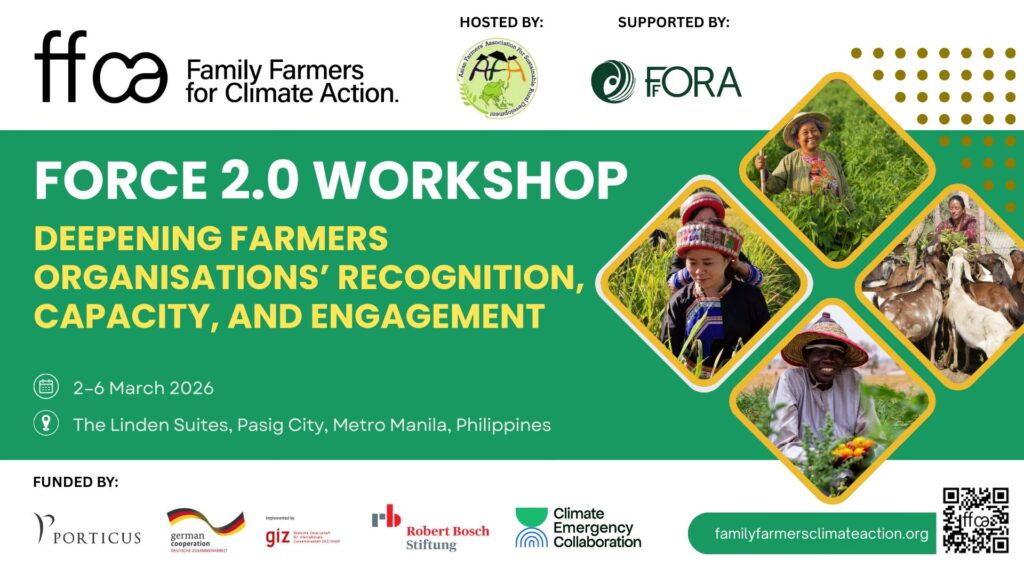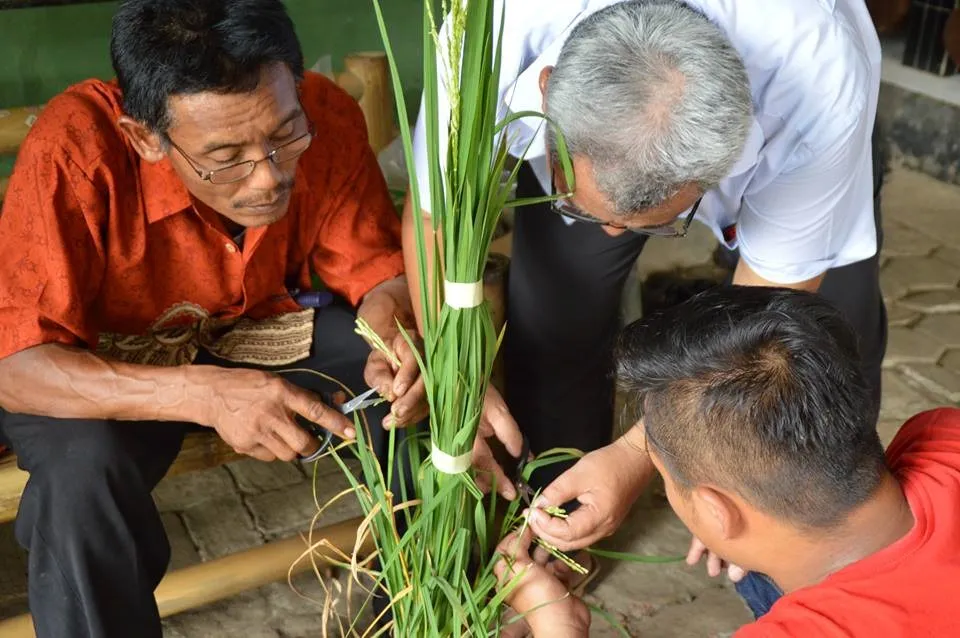Asia–Pacific region’s vulnerability to COVID-19 pandemic speeds up adoption of digital tech in agrifood systems
Agrifood systems in the Asia-Pacific region have been particularly vulnerable to shocks from the COVID-19 pandemic and other challenges, quickening the adoption of digital technologies, QU Dongyu, Director-General of the Food and Agriculture Organization of the United Nations (FAO) said.
Qu was speaking in a special event entitled “Innovation, Science and Digitalization: Transforming agrifood systems in Asia and the Pacific region” at FAO’s 36th Asia Pacific Regional Conference. He said the systems governing how our food is produced, distributed and consumed have been “heavily affected by shocks created by the pandemic and other challenges”, with the Asia-Pacific region “particularly vulnerable to these shocks.”
“This has forced us to reconsider our priorities and approaches, and has highlighted the importance of more sustainable and resilient societies,” Qu said, adding that digital technologies are having a profound impact on our economies and societies and are transforming agrifood markets. “This transformation has been accelerated by the COVID-19 pandemic,” he said.
Qu said digital innovation in agriculture holds the potential to unlock employment opportunities, bridge the rural divide and empower youth and women to access information, technology and markets, helping to:
- facilitate access to markets;
- meet the growing demand for safe and nutritious food through digital traceability;
- better manage natural resources;
- contribute to high quality growth in productivity through digital tools for extension;
- ensure inclusion.
In the agrifood sector, the spread of mobile technologies, remote-sensing services and interlinked servers is already improving smallholders’ access to information, inputs and markets, increasing production, streamlining supply chains and reducing operational costs.
This article is originally published in FAO website.



